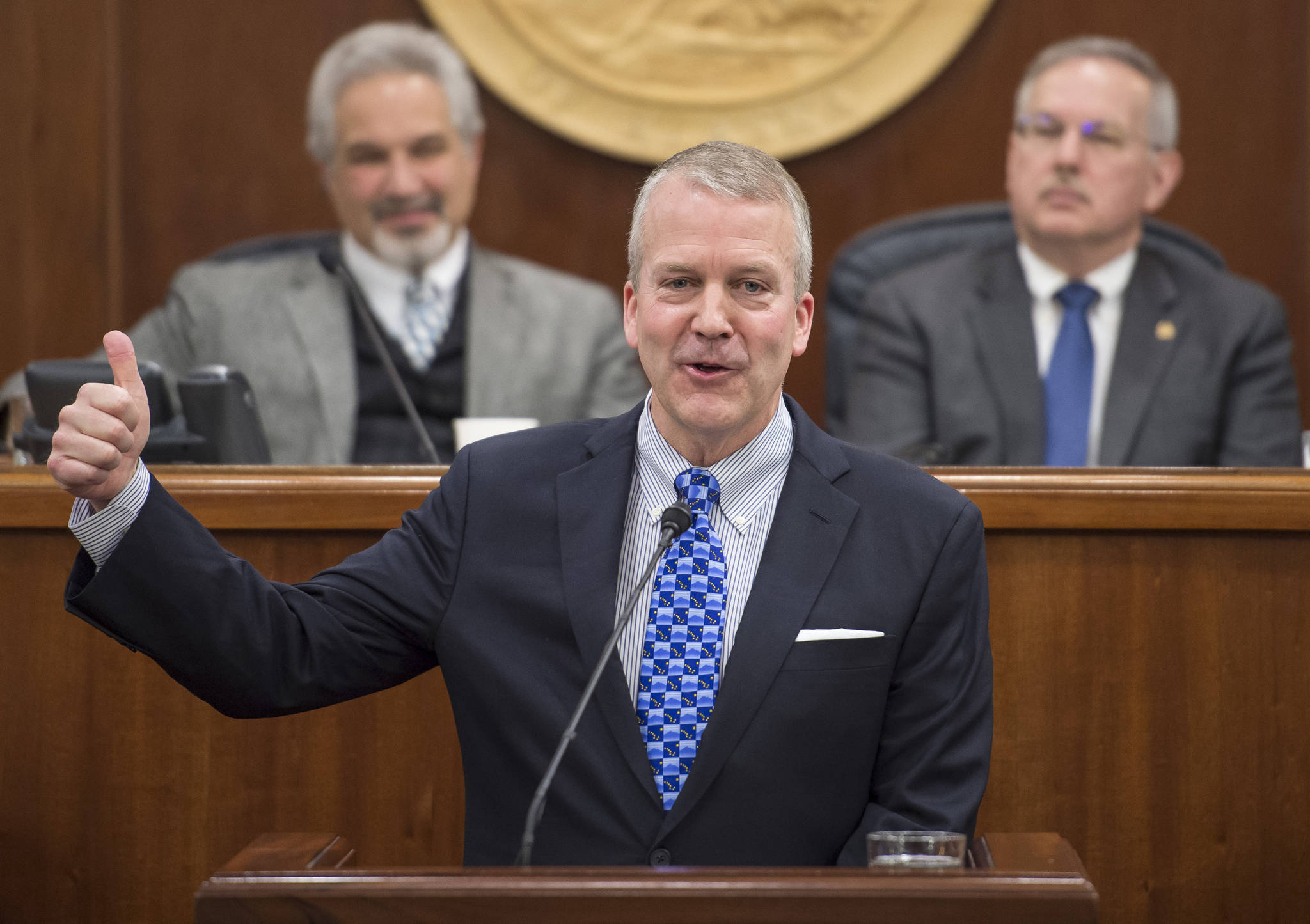Alaska U.S. Sen. Dan Sullivan targeted Facebook Tuesday in an open letter discussing questionable offenses by the social media giant against Alaska Natives selling art on Facebook Marketplace.
Late last week, Sullivan said in a press release, he was made aware of the policy issue by the Juneau-based Sealaska Heritage Institute, which informed him that Sitka skin sewer Robert Miller posted a sea otter hat for sale on Facebook and received a message saying it was not approved because it didn’t meet Facebook’s commerce policies. Facebook has since indicated the removal of these ads was a mistake. However, Sullivan is requesting greater clarity on the scope of prohibited items for Alaska Native craftsmen and their customers around the world.
“The Alaska Native community has for thousands of years used animal products for survival, subsistence, and as a key means of cultural expression,” Sullivan wrote in his letter. “Inhibiting the sale of these items not only limits the cultural exchange Facebook has empowered the Alaska Native community to share, but also threatens one of the key economic opportunities in remote Alaska villages.”
Last February, Sullivan worked with Alaska Native artists to resolve an issue with Etsy – an online marketplace of crafts and handmade items – that initially refused to sell Alaska Native artists selling products or artwork with sealskin, sea otter and ivory.
[Etsy.com stops letting Alaska Native artists sell ivory work]
Previously in October 2016, he convened a Senate Environment and Public Works (EPW) Committee field hearing at the Alaska Federation of Natives Convention to discuss a series of reported problems and confusion surrounding state laws across the country that prohibit ivory sales and harm Alaska Native artisans.
Following the hearing – working with Alaska Native leaders and those negatively impacted by these bans – Sullivan introduced S. 1965, the Allowing Alaska IVORY Act. This legislation, co-sponsored by Alaska’s senior U.S. Sen. Lisa Murkowski would have preempted states from banning walrus ivory or whale bone products that have been legally carved by Alaska Natives under the Marine Mammal Protection Act in addition to preempting states from issuing bans on mammoth ivory products.
• Contact reporter Mollie Barnes at mbarnes@juneauempire.com or 523-2228.

